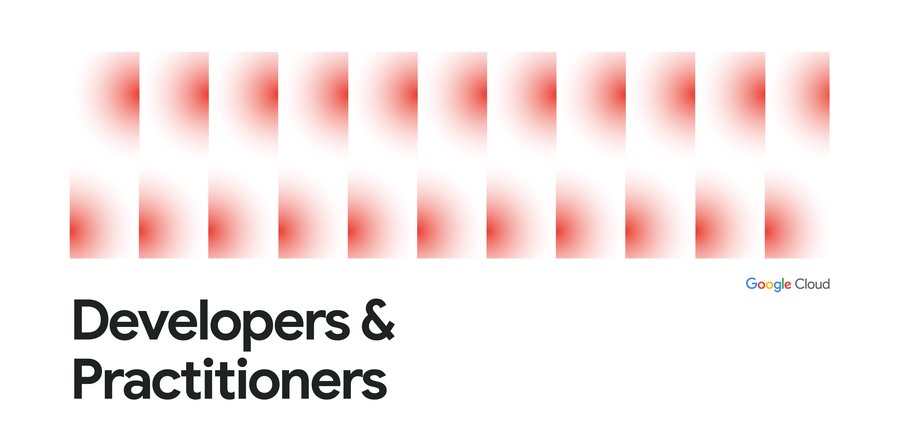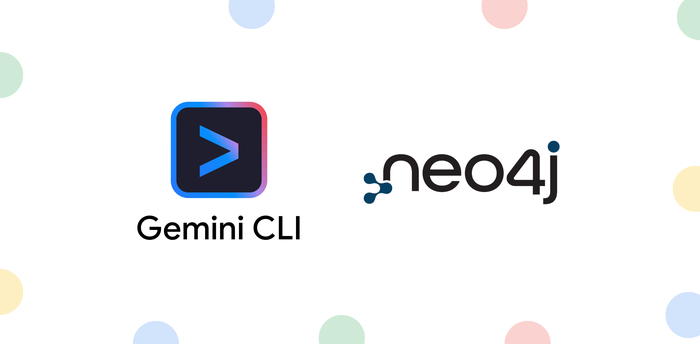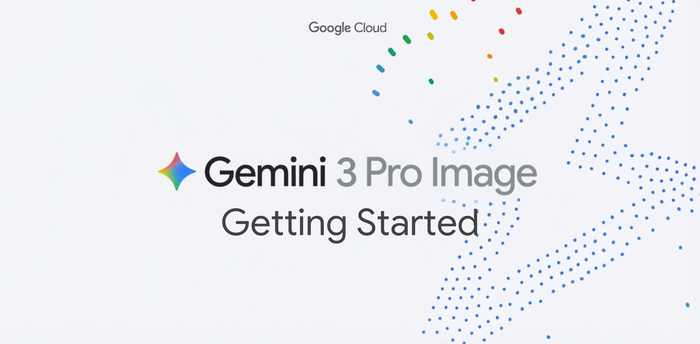Creating a unified analytics platform for digital natives

Leigha Jarett
Developer Advocate, Looker at Google Cloud
Michael Kuo
Firebase Product Strategy & Operations
Digital native companies have no shortage of data, which is often spread across different platforms and Software-as-a-service (SaaS) tools. As an increasing amount of data about the business is collected, democratizing access to this information becomes all the more important. While many tools offer in-application statistics and visualizations, centralizing data sources for cross-platform analytics allows everyone at the organization to get an accurate picture of the entire business. With Firebase, BigQuery and Looker, digital platforms can easily integrate disparate data sources and infuse data into operational workflows - leading to better product development and increased customer happiness.
How it works
In this architecture, BigQuery becomes the single source of truth for analytics, receiving data from various sources on a regular basis. Here, we can take use of the broad Google ecosystem to directly import data from Firebase Crashlytics, Google Analytics, Cloud Firestore and query data within Google Sheets. Additionally, third party datasets can be easily pushed into BigQuery with data integration tools like FiveTran.
Within Looker, data analysts can leverage pre-built dashboards and data models, or LookML, through source-specific Looker Blocks. By combining these accelerators with custom, first party LookML models, analysts can join across the data sources for more meaningful analytics. Using Looker Actions, data consumers can leverage insights to automate workflows and improve overall application health.


The architecture’s components are described below:
Data source | Name | Description |
Google data sources | Tracks customer interactions in your application | |
Firebase Crashlytics | Collects and organizes Firebase application crash information | |
Backend database for your Firebase application | ||
Spreadsheet service that can be used to collect manually entered, first party data | ||
Third-party data sources | Customer Relationship Management Platform (CRM) | Manages customer data. (While we use Salesforce as a reference, the same ideas can be applied to other tools) |
Issue tracking or Project Management software | Can help product and engineering teams track bug fixes and new feature development in applications. (While we use JIRA as a reference, the same ideas can be applied to other tools) | |
Customer support software or a help desk | A tool that organizes customer communications to help businesses respond to customers more quickly and effectively. (While we use Zendesk as a reference, the same ideas can be applied to other tools) |
Cross-functional analytics
With the various data sources centralized into BigQuery, members across different teams can use the data to make informed decisions. Executives may want to combine business goals from a Google Sheet with CRM data to understand how the organization is tracking towards revenue goals. In preparation for board or team meetings, business leaders can use Looker’s integrations with Google Workspace, to send query results into Google Sheets and populate a chart inside a Google Slide deck.


Technical program managers and site reliability engineers may want to combine Crashlytics, CRM and customer support data to prioritize bugs in the application that are affecting the highest value customers, or are often brought up inside support tickets. Not only can these users easily link back to the Crashlytics console for deeper investigation into the error, they can also use Looker’s JIRA action to automatically create JIRA issues based on thresholds across multiple data sources.


Account and customer success managers (CSMs) can use a central dashboard to track the health of their customers using inputs like usage trends in the application, customer satisfaction scores and crash reports. With Looker alerts, CSMs can be immediately notified of problems with an account and proactively reach out to customer contacts.


Getting started
To get started creating a unified application analytics platform, be sure to check out our technical reference guide. If you’re new to Firebase you can learn more here. To get started with BigQuery, check out the BigQuery Sandbox and these guides. For more information on Looker, sign up for a free trial here.




